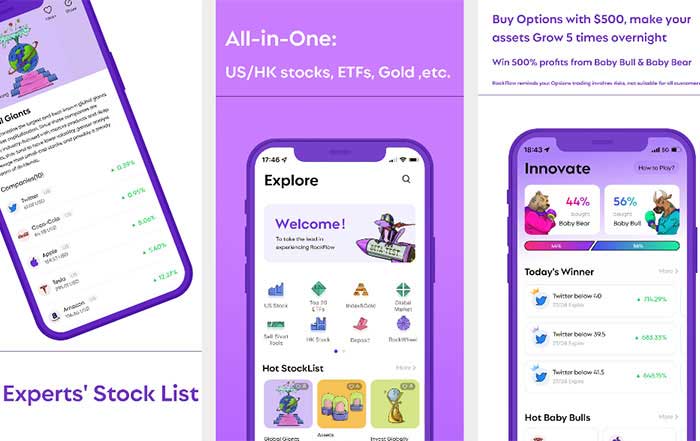The School of Business and Management of The Hong Kong University of Science and Technology (HKUST Business School) and The Institute of Sustainability and Technology (IST) signed a Memorandum of Understanding (MoU) to foster the partnership on ESG initiatives through education and technology. Embracing the mission to empower sustainable solutions for the world's most pressing environment and social challenges, both entities are keen to accelerate the transition to a circular economy and drive innovation towards a net-zero future.
With the presence of the Guest of Honour – Mr. CHAN Kwok-ki, Chief Secretary for Administration of HKSAR and Professor Nancy IP, President of HKUST, Ms. Poman LO, Founder & Faculty Advisor of IST, Adjunct Professor of Department of Management at HKUST and Professor TAM Kar Yan, Dean of HKUST Business School, signed the MoU to affirm the strategic partnership. Industry leaders and business elites representing over 100 organizations joined to show their overwhelming support and commitment to sustainability.
Mr. Chan Kwok-ki, Chief Secretary for Administration of HKSAR said, "Hong Kong, as an international financial centre connecting global capital with opportunities, has a unique role to play in addressing the world's most pressing environment and social challenges brought about by climate change. Making an all-out effort including the issuance of green bonds, implementation of the Green and Sustainable Finance Grant Scheme and nurturing of talent, and leveraging its close partnership with relevant stakeholders, the HKSAR Government will steadfastly develop Hong Kong into a green and sustainable hub in the region."
Ms. Poman Lo, Founder & Faculty Advisor of IST, Adjunct Professor of Department of Management at HKUST said, "To nurture the next generation of ESG talent, we are honoured to partner with HKUST in co-creating a series of globally recognized executive training programs to inspire purpose-driven business management. While striving for net zero by 2050, Hong Kong is uniquely positioned to maximize synergies with GBA cities to play a strategic gateway role as a regional green finance hub for sustainable investments and cross-border carbon trading. Through deployment of catalytic capital, we can fuel innovation and empower triple returns via a thriving ecosystem for decarbonization technologies to accelerate the transition to a circular economy. By leveraging on innovative technology, education initiatives and strategic collaboration, we can win the race to net zero and build a brighter, greener future for us all and generations to come."
Professor Nancy Ip, President of HKUST said, "HKUST and IST share the same vision of guiding our city towards a net-zero, sustainable future through education and technology. Through our core missions in research, teaching, and innovation, we are grooming the next generation into responsible professionals and leaders, and contributing to solving pressing environmental and social issues. I am confident that by leveraging the strengths of both organizations, this partnership between HKUST and IST will become a key platform for bringing real and meaningful impacts on the sustainability front."
Professor Tam Kar Yan, Dean of HKUST Business School, said, "We are pleased to enter this partnership with IST to support Hong Kong's brown-to-green transition through talent development and technology deployment. Marking a key event under this partnership, the ESG Forum familiarized participants with key aspects of ESG management through expert insights covering strategy, risks, benchmarking and future trends. We look forward to pursuing with IST a broad range of sustainability-related opportunities in training, research and development, and community engagement."
At the ceremony, Mr. Arthur YUEN, Deputy Chief Executive of Hong Kong Monetary Authority, Ms. Glenda SO, Co-Head of Markets, Hong Kong Exchanges and Clearing Limited, Mr. Robert H. McCOOEY, Jr., Vice Chairman of Nasdaq, Dr. MA Jun, Chairman of Green Finance Committee and China Society for Finance and Banking, Co-Chairman of G20 Sustainable Finance Study Group, Prof. Christine LOH, Chief Development Strategist, Institute for the Environment at HKUST, delivered speeches on the importance of ESG in influencing different aspects of our society and potential impact to the world.
An ESG Forum was held after the MoU signing ceremony. Various renowned academics and industry veterans participated in the forum, exchanged their views and shared insights on ESG and sustainability.
The Institute of Sustainability and Technology (IST), a non-profit organization sponsored by the Century City Group, is established with a mission to empower transformational solutions to tackle the world's most pressing environmental and social challenges via innovative technology, education initiatives and strategic collaboration. To nurture the next generation of ESG talent, IST is partnering with HKUST Business School to co-create a series of globally recognized training programs for business executives. Catering to the diverse context of Asian markets, IST seeks to establish robust impact measurement and management methodology as well as ESG ratings and benchmark standards for different sectors across Asia Pacific. To promote thought leadership and best practices, IST sponsors interdisciplinary research studies to provide compelling data to advance the agenda for sustainable development.




